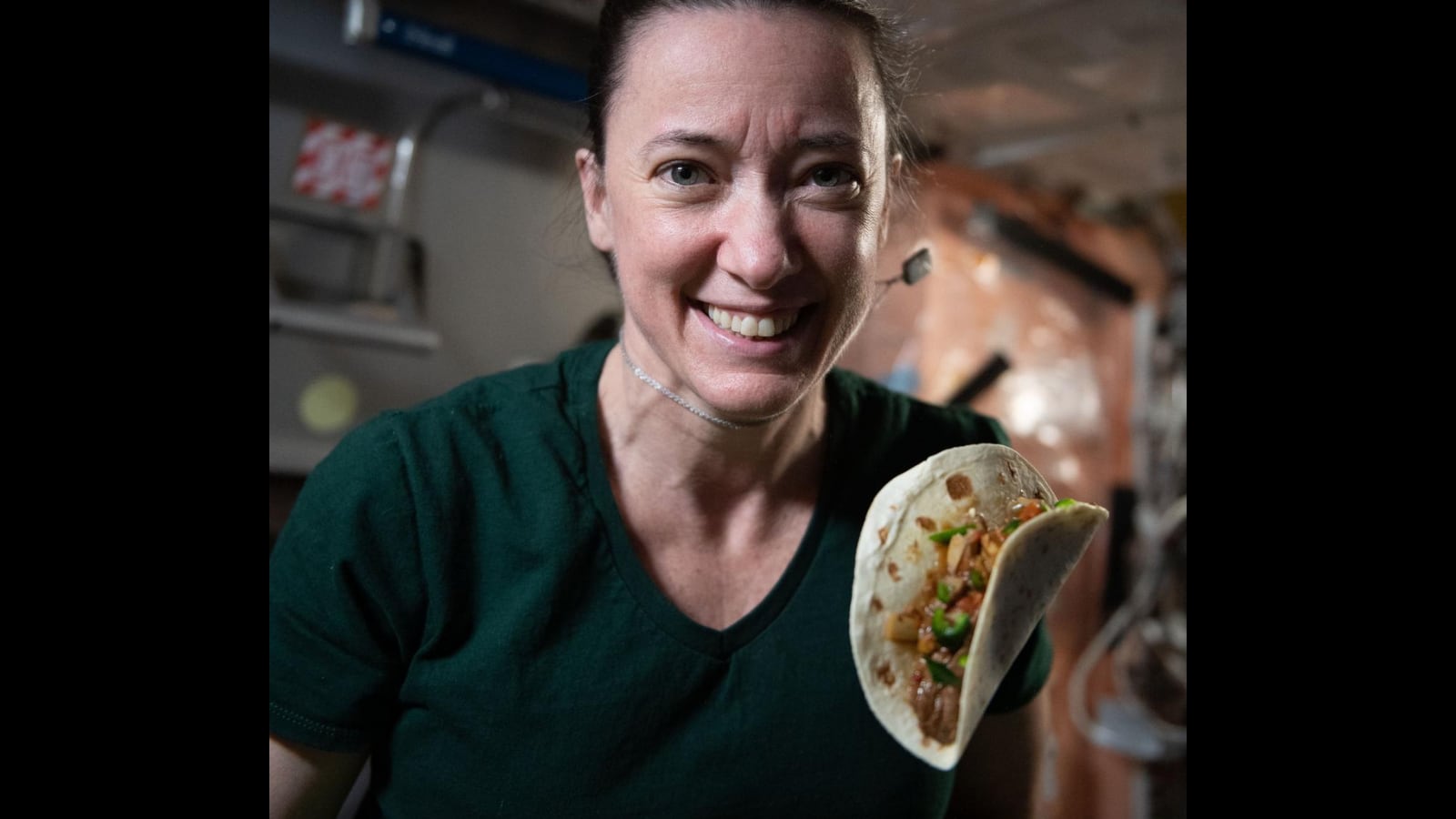Yelp will cover the travel expenses of employees who must travel out of state for abortions, joining the ranks of major employers trying to help workers affected by new restrictions in Texas and other states.
The benefit announced Tuesday covers all 4,000 employees at the online review service but seems most likely to have its biggest immediate impact on its 200 workers in Texas, which has passed a law banning abortions within the state after six weeks of pregnancy.
“We’ve long been a strong advocate for equality in the workplace, and believe that gender equality cannot be achieved if women’s healthcare rights are restricted," said Miriam Warren, Yelp's chief diversity officer.
Other states, including Oklahoma, are also are clamping down on abortions prompting Yelp, based in San Francisco, and several other companies to draw up policies aimed at helping their workers get reproductive health care in other states.
Last month Citigroup, based in New York, disclosed plans to cover the travel expenses of any of its more than 220,000 employees, thousands of whom work in Texas, who travel to another state for an abortion.
The two largest U.S. ride-hailing services, Uber and Lyft, last year announced they will pay the legal fees for drivers who could get sued under the new Texas law for transporting a passenger to an appointment for an abortion.
The policies expose companies to potential backlash from those who support abortion restrictions, but they could be an advantage for employers with a footprint in states like Texas in an increasingly competitive job market.













